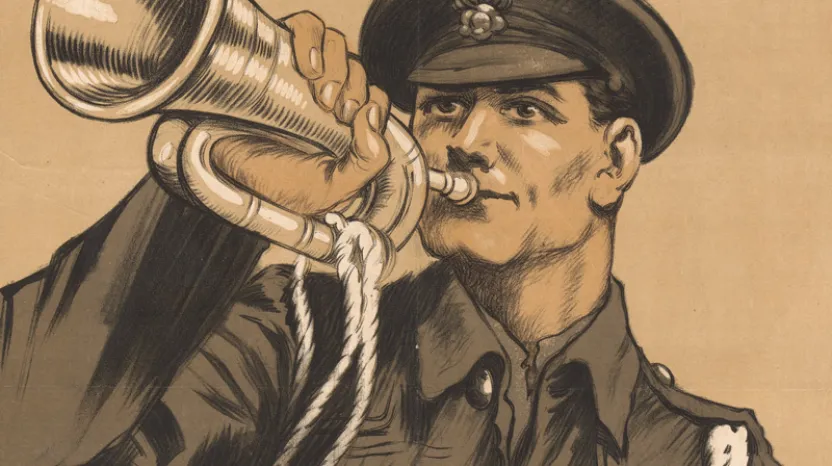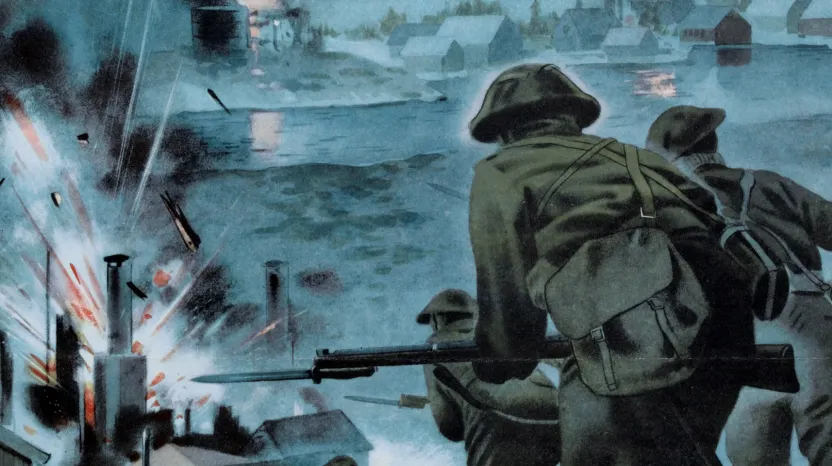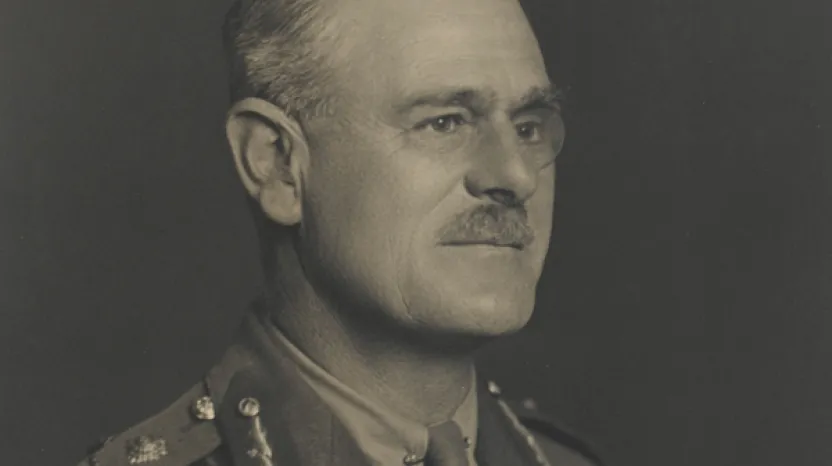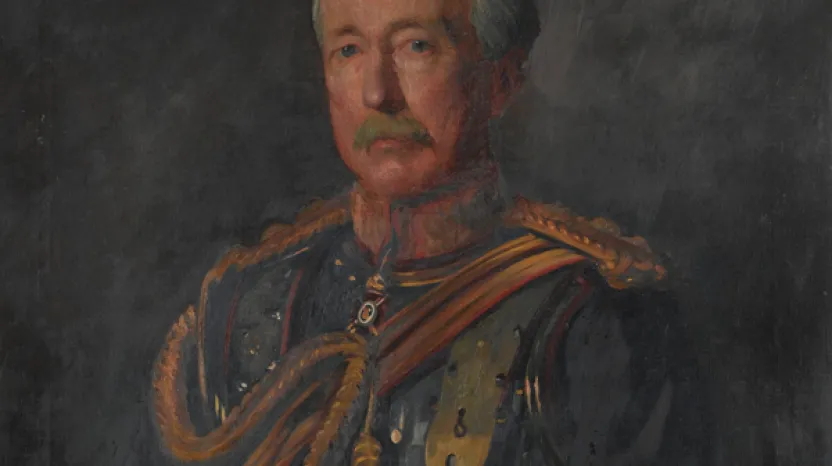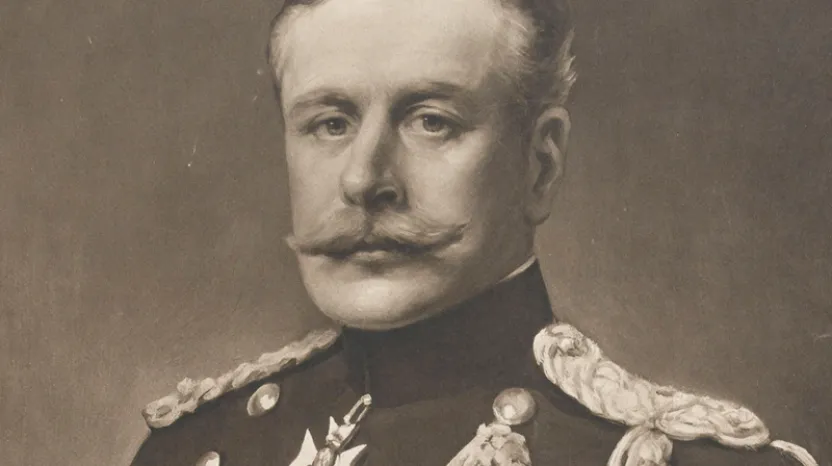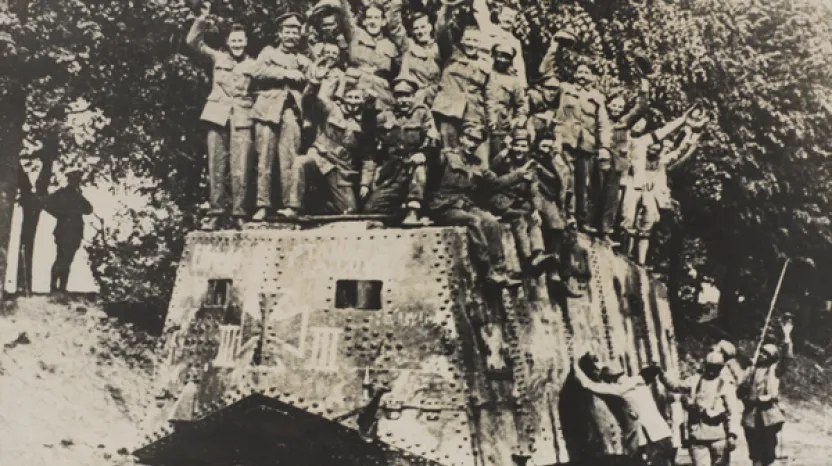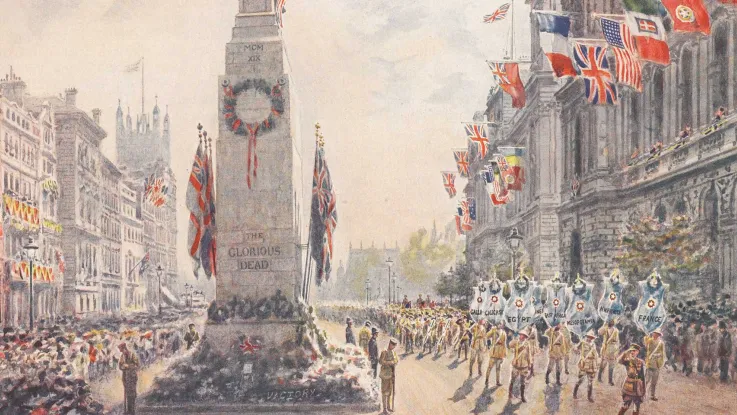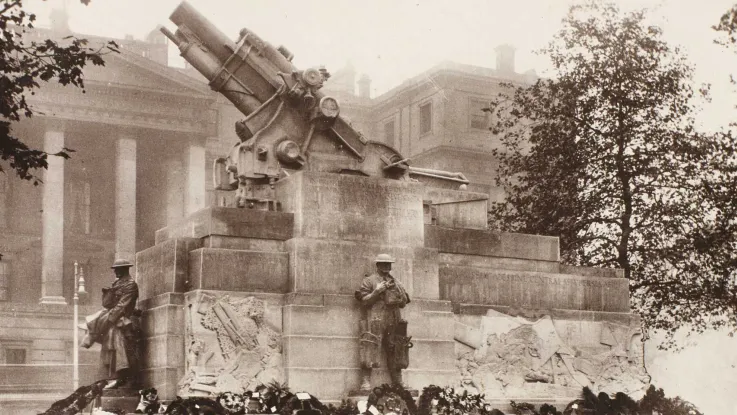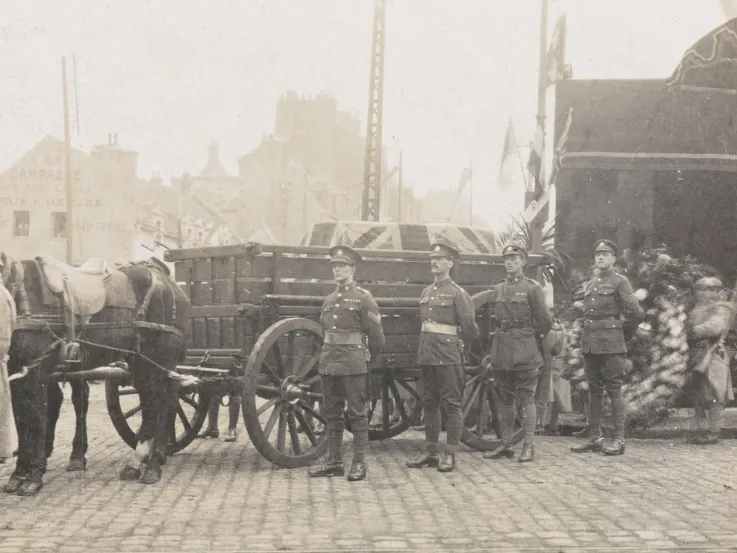Explore

A Soldier's Life
In Their Own Words: Major General Sir Charles Melliss VC
Charles Melliss was awarded the Victoria Cross for his service during the Fifth Ashanti War. He later played an important role in the opening phase of the First World War campaign in Mesopotamia, where he experienced both victory and defeat.
Explore by theme

